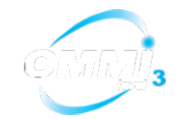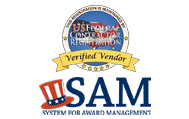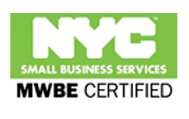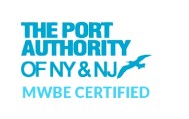
Navigating the Future: The Evolving Role of HR in the Dynamic Workplace
OR
Tomorrow’s HR Today: Reinventing the Workplace with HR at the Helm
Introduction
In today’s rapidly changing business landscape, Human Resources (HR) has become a pivotal function in organizations. As businesses transition to remote and flexible work arrangements, HR must adapt to the emerging trends and prepare for the future. This article explores the key areas that HR should focus on today, examines the future HR trends, delves into the transformation of HR roles and responsibilities, and sheds light on the exciting prospects of a career in HR.
I. Future HR Trends: Embracing the Changing Landscape
- Work from Anywhere: As the workforce adapts to remote work, HR will witness a shift towards “Work from Anywhere” policies, offering employees the flexibility to work from any location.
- Data and AI Integration: HR departments will leverage data analytics and artificial intelligence, including chatbots, to enhance routine HR operations and decision-making processes.
- Employee Experience: HR will focus on creating a positive and engaging employee experience, addressing employee needs holistically and providing a seamless journey throughout their employment.
- Skilling and Re-skilling: As automation and technology continue to evolve, HR will play a crucial role in facilitating continuous skilling and re-skilling initiatives to keep the workforce competitive and adaptable.
II. Preparing for Future HR Trends
- Embracing Technology and Innovation: HR professionals should familiarize themselves with HR chatbots, data analytics, and specialized HR software to streamline operations and improve efficiency.
- Aligning HR Goals with Organizational Vision: HR must align its objectives with the company’s vision and mission, playing an active role in contributing to overall organizational success.
- Adapting to Changing Work Methods: HR must prepare for the dynamics of a diverse workforce and adapt to changing work methods, including remote and flexible arrangements.
- Modern Benefits and Compensation: Introducing modern benefits such as parental leaves, financial wellness programs, and flexible compensation packages can enhance employee satisfaction and retention.
- Staying Compliant and Economically Informed: HR should stay updated with regulatory changes and economic trends to develop effective compensation strategies and maintain a compliant work environment.
III. HR’s Future Scope and Transformation of Roles
HR’s future remains promising as an evolving field. The integration of technology and people analytics will shape the HR profession, creating new roles such as human tech specialists, culture specialists, and bias identification experts. Re-skilling in HR will be essential for professionals to advance their careers and stay relevant in the ever-changing HR landscape.
IV. HR’s Relevance and Growth Potential
The future of HR is intrinsically linked to the future of work. HR professionals will continue to witness the creation and diversification of job roles, with a growing demand for specialists in data analysis, benefits creation, remote work development, and strategy building. HR’s ability to adapt and innovate will directly impact organizational success and contribute to cutting-edge work practices.
V. The Future of HR: Embracing AI and Personalization
AI will play a vital role in enhancing HR operations, making processes more efficient, and improving work culture. HR professionals will be able to leverage cutting-edge generative AI tools to personalize employee career paths and contribute significantly to business success. While AI will augment HR’s capabilities, it will not replace human expertise, preserving the essential human touch in HR operations.
Conclusion
As the workplace continues to evolve, HR remains a critical function for organizations’ success. By embracing technology, data analytics, and a focus on employee experience, HR can thrive in the future. The HR profession will witness exciting transformations, leading to a personalized, tech-driven, and strategic HR function that will shape the workforce and business landscape for years to come.
Post a comment Cancel reply
Related Posts
The Silent Custodian: How Java Manage Memory with Garbage Collection
In the world of software development, developers juggle logic, user experience, and performance. One of…
The Art of UX Design: Principles, Practices & Future Trends That Shape Digital Experiences
In today’s digital-first world, User Experience (UX) design is more than just a buzzword -…
Passkeys: The Future of Passwordless Authentication
The days of memorizing complex passwords may soon be behind us. With the growing need…
The Role of APIs in Accelerating Innovation
In today’s rapidly evolving digital world, businesses must innovate quickly to stay ahead. One of…


















